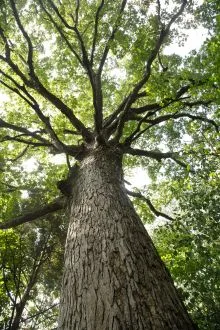RSS Feed Source: Academic Keys
Job ID: 255388
Research Fellow (Maritime Studies)
Nanyang Technological University Job Categories Research Scientist/Associate
Academic Fields Engineering – Other
Water Resources Engineering
One research fellow in Maritime Studies is available with flexible start time in the School of Civil and Environmental Engineering (CEE) at Nanyang Technological University (NTU) is available. The appointment is for 1 year with a provision for further extensions subject to good performance and availability of research funding.
Key responsibilities:
Develop state-of-the-art and innovative models and algorithms to improve port and shipping management efficiency;
Propose solutions based on
Click this link to continue reading the article on the source website.


